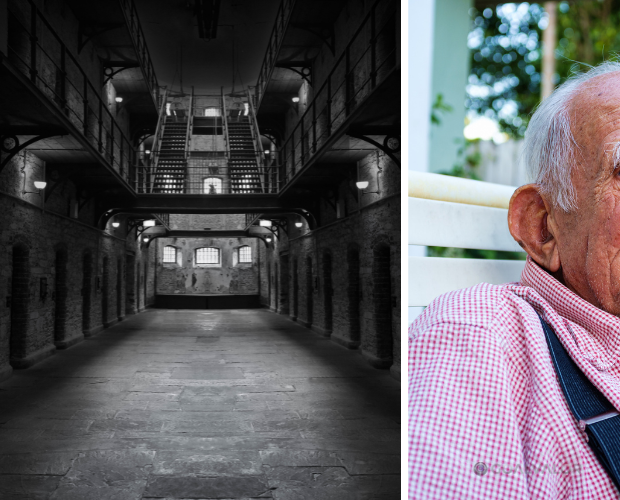How Do Children Adapt to Dysfunctional Families? Discover the Three Strategies and Their Impact in Adulthood
In dysfunctional families, children often feel responsible for both the family's problems and their solutions. This overwhelming sense of responsibility can deeply shape their behavior and long-term emotional development. To cope with these challenges, children typically adopt one of three survival strategies: becoming invisible, rebelling, or striving for excellence.
Becoming Invisible
???? Some children choose to disappear by never asking for anything, suppressing their needs, and avoiding causing concern for their parents. They learn to be self-sufficient, quiet, and not demand attention. However, this coping mechanism can lead to emotional disconnection, making it difficult for them to identify or express their emotions. Over time, repressing their emotional and physical needs can result in low self-esteem and difficulties in forming healthy relationships.
Rebelling
⚡ Another common response is rebellion. These children become the family’s scapegoat, drawing attention to themselves with problematic behaviors. This often shifts the parents' focus from their own issues to the child’s misbehavior. However, beneath this defiance lies deep emotional pain. The "problem child" label follows them into adulthood, affecting their self-image and how they interact with the world.
Striving for Excellence
???? Some children seek validation by excelling in everything they do. They appear successful and happy, using achievement as a way to mask their inner fear and anger. Over time, the need for perfection and constant approval can lead to chronic stress, anxiety, and an endless quest for external validation in adulthood.
The Long-Term Impact and the Importance of Professional Support
These survival strategies can have profound and lasting effects. While they help children cope with difficult family dynamics, they can later become barriers to emotional well-being and personal growth.
The good news is that these patterns can be changed with the right support. Online therapy with psychologists and mental health professionals provides a safe space to explore and understand these behaviors. Thanks to virtual counseling services, you can access professional help from the comfort of your home, beginning a journey of healing and self-discovery.
???? Do you recognize yourself in any of these strategies?
It’s time to take the first step toward emotional well-being. Our online professionals are here to help you break these patterns and build a healthier, happier future. Share this article with someone who might need it and start your journey to emotional freedom today!









